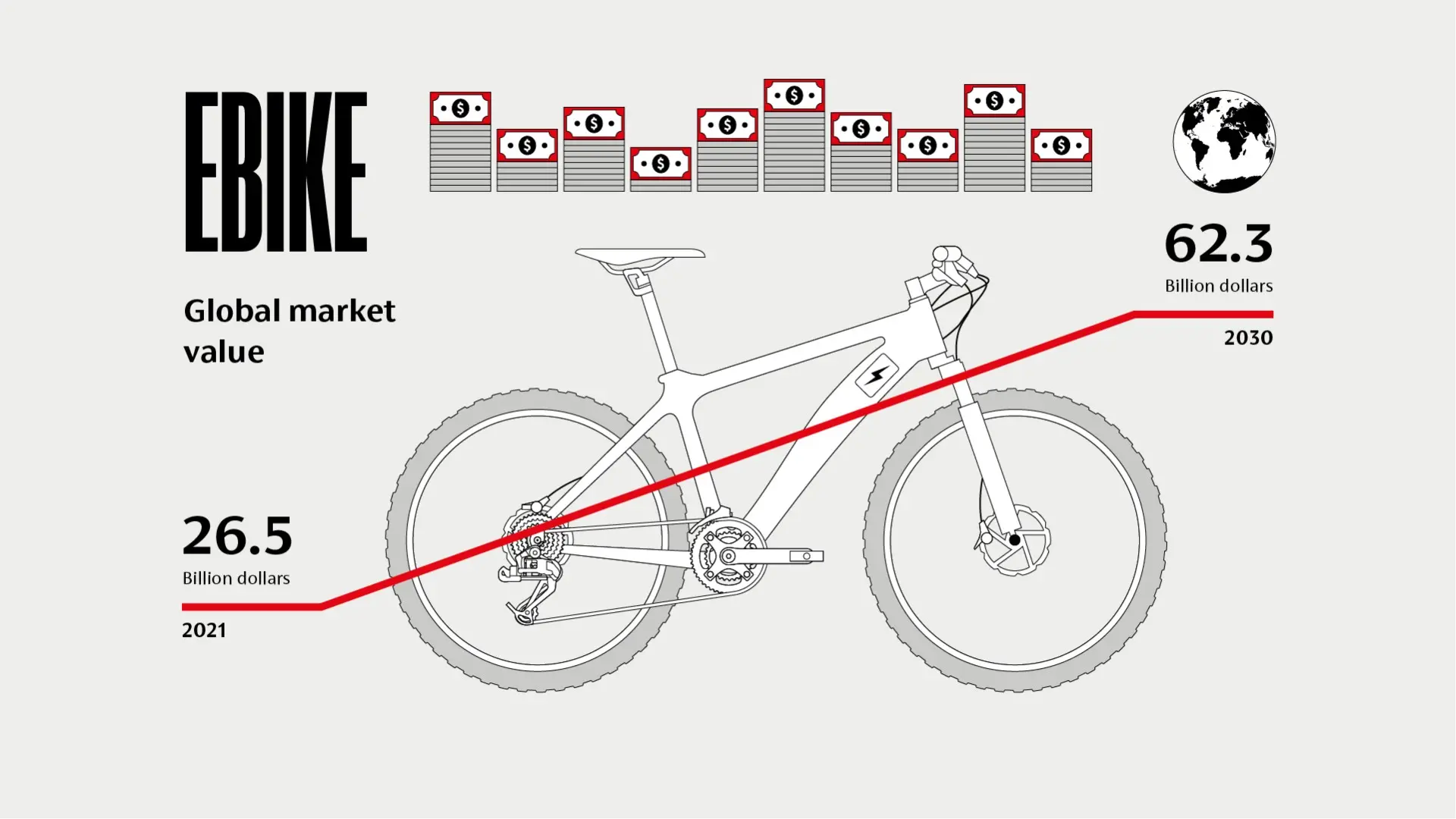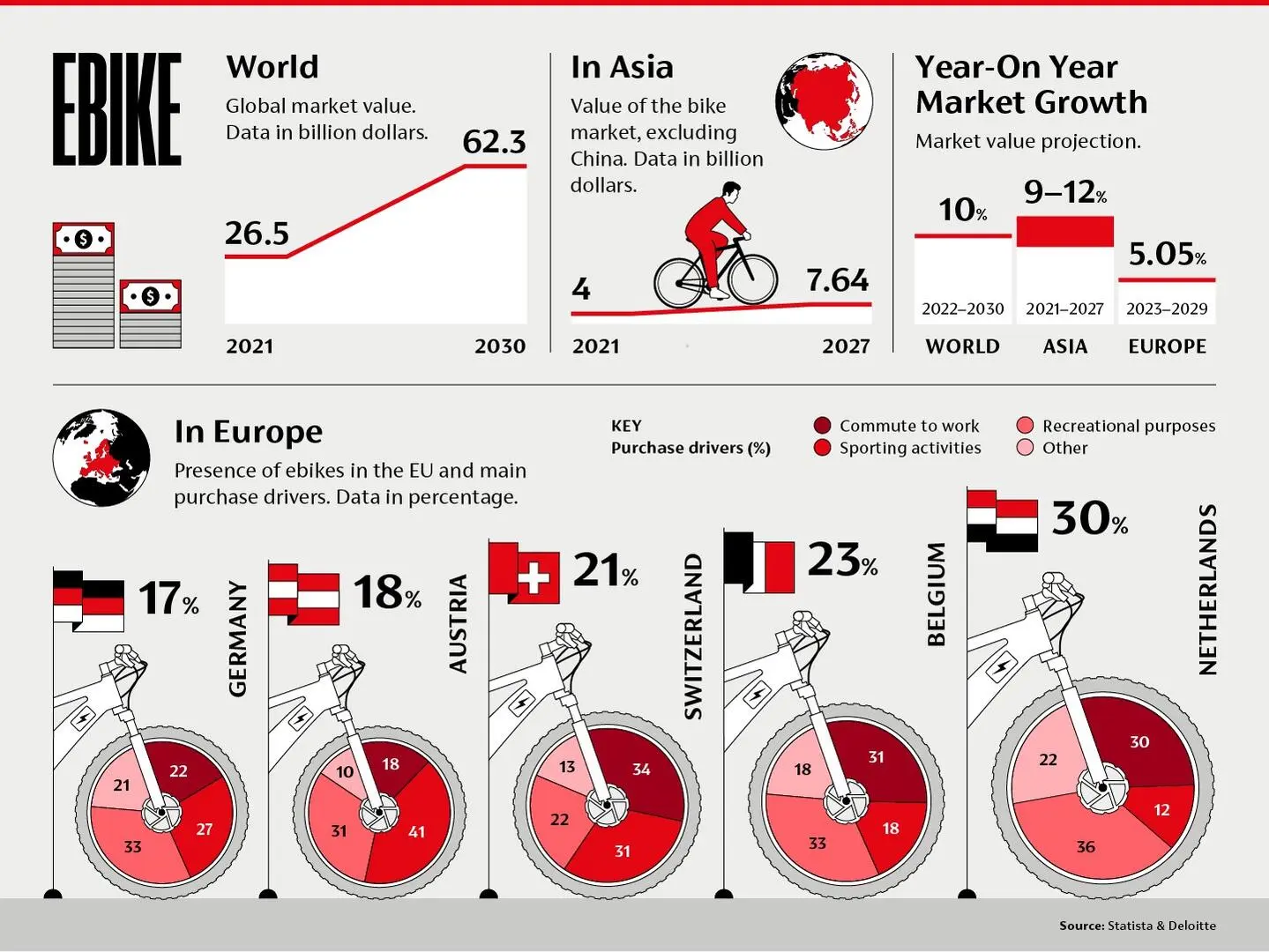Smart and sustainable purchases: how to make the most of the appliance bonus and how to apply. Requirements, amounts and limits to be aware of

Infographic by Davide Mottes
How are travel habits changing in big cities? An excerpt from Design Forward, the new podcast hosted by Maria Cristina Didero
When we talk about sustainability, it is inevitable to talk about cities, which are at the heart of great changes, and in particular the way we travel. The world of mobility is responsible for about a quarter of the greenhouse gas emissions caused by humans. In recent years, electric bicycles have helped transform mobility into a more sustainable future.
So what is the future of e-bikes? Let’s start with a news story from last July: VanMoof has declared bankruptcy. The brand, a landmark for the high-end market of electric and pedal-assisted bicycles, had excessive operating costs. Among other things, 10% of customers largely used the returns service. In September, the company was taken over by Lavoie, a scooter brand affiliated with McLaren Applied, part of the Greybull Capital group which works closely with McLaren and Formula 1.

Infographic by Davide Mottes
But despite the crisis of some manufacturers, the forecasts relating to the main international markets us a rather optimistic picture. The European market is growing steadily. According to Statista’s forecasts, the US market will grow by about ten percentage points each year between now and 2030, while the growth of the Asian market, excluding China, will increase from 9 to 12% between now and 2027. Beyond figures, percentages and forecasts, one thing is certain: the future of mobility is and will increasingly be linked to the ability to rethink transport, especially urban transport, in a sustainable key.


 Exhibitions
Exhibitions








